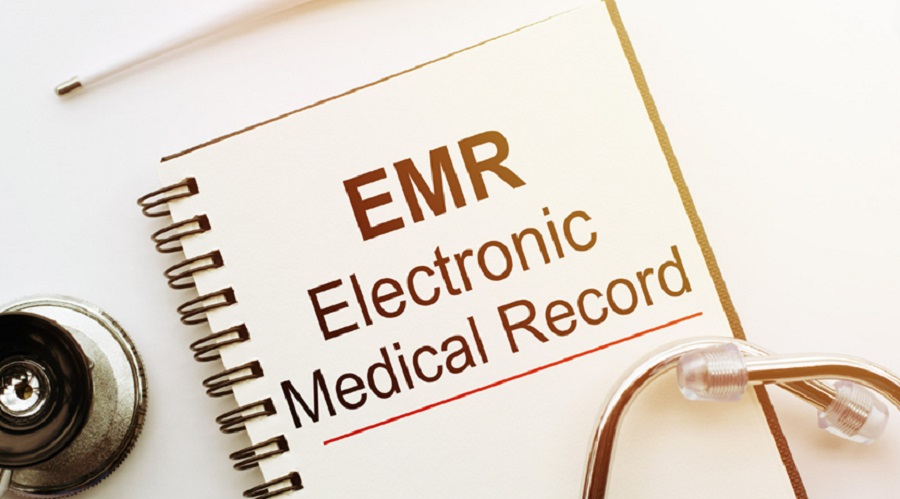Understanding the potential of EMR for behavioral health is crucial for clinicians looking to enhance their operational efficiency. EMR, or Electronic Medical Records, revolutionizes how behavioral health professionals manage patient data, streamline workflows, and improve care quality. In this article, we will explore the features and benefits of EMR for behavioral health.
Key Features of EMR for Behavioral Health
1. Customizable Templates
One of the standout features of EMR systems for behavioral health is their ability to offer customizable templates. These templates cater specifically to the nuanced needs of mental health professionals, allowing for detailed and specific documentation without the need for redundant data entry.
2. Clinical Decision Support
EMRs often come equipped with clinical decision support tools. These tools help clinicians make data-driven decisions by offering evidence-based guidelines, reminders, and alerts. This can significantly improve treatment outcomes by ensuring that care decisions align with the latest research and best practices.
3. Enhanced Patient Engagement
Patient portals integrated into EMRs enable greater patient engagement. Patients can easily access their health records, communicate with their care providers, and schedule appointments online. This not only enhances the patient experience but also fosters a more proactive approach to managing mental health conditions.
Benefits of EMR Implementation
1. Improved Efficiency
By digitizing patient records and automating routine tasks, EMR systems help streamline organization operations, leading to improved efficiency. They can handle higher patient volumes without compromising the quality of care. To understand how to implement these systems effectively, read more on how to operate an EMR system.
2. Data Security and Compliance
In behavioral health, safeguarding patient confidentiality is paramount. EMRs offer robust security features, including encryption and access controls, ensuring that sensitive patient information remains protected. Compliance with regulations such as HIPAA is more easily managed with an EMR system in place.
3. Better Data Management
EMRs facilitate better data management by centralizing patient information. This centralized repository allows for easy data retrieval, analytics, and reporting. Behavioral health professionals can track patient progress over time and adjust treatment plans as needed, leading to better outcomes.
Conclusion
Implementing an EMR system has numerous benefits for behavioral health professionals, including improved efficiency, enhanced patient engagement, and better data management. The customizable templates and clinical decision support tools offered by EMRs make them an invaluable asset to any organization. If you are looking to enhance your organization’s operations and improve the quality of care provided, consider implementing an EMR system today.











